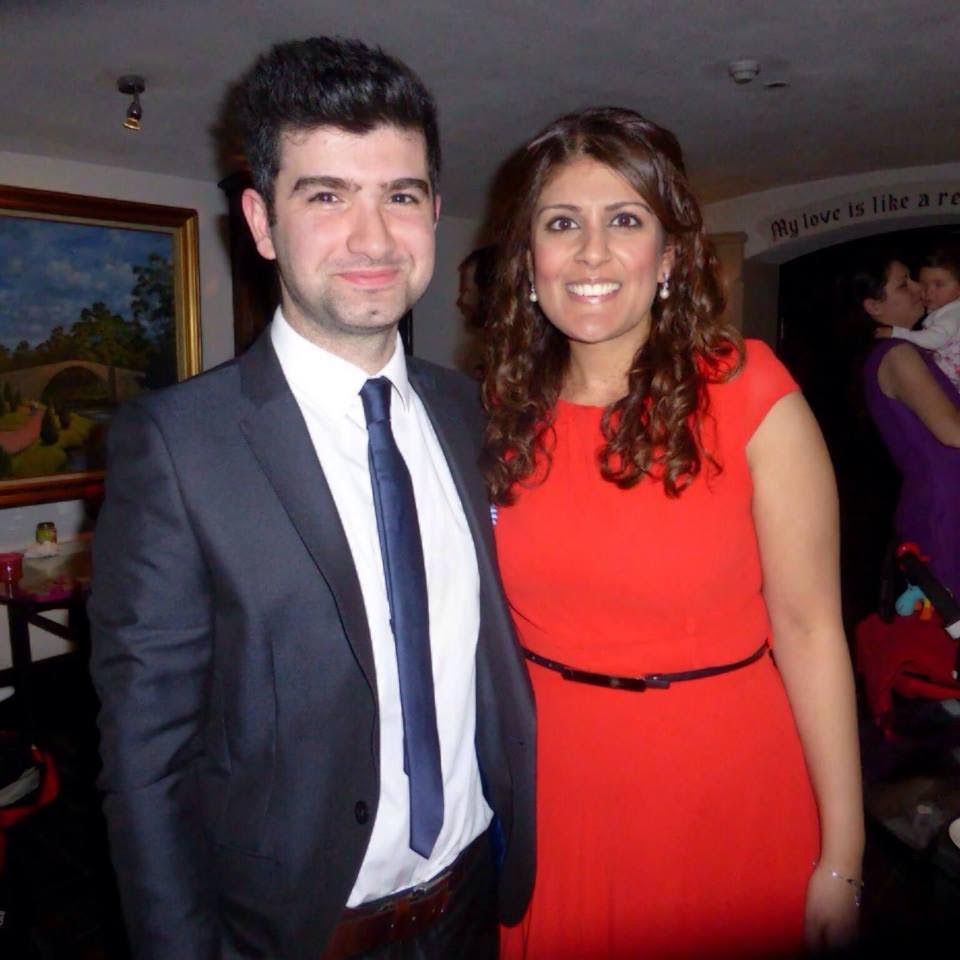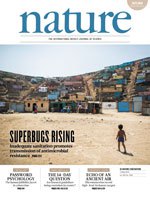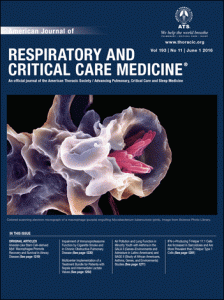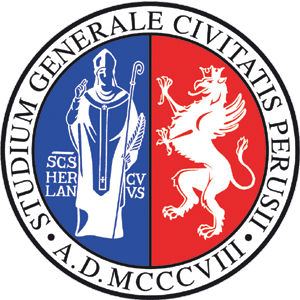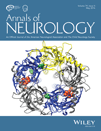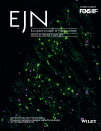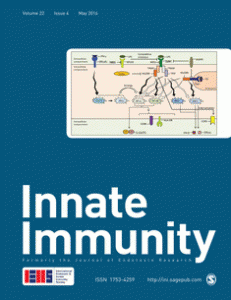 A researcher faked data and a masters degree, according to an investigation by Columbia University.
A researcher faked data and a masters degree, according to an investigation by Columbia University.
He’s also earned his fourth retraction. The new notice, along with one we’ve uncovered from 2014, provide some information on the extent of the deception of Robert Frumento, who left Columbia a decade ago, around the time that the now-retracted papers were published.
Here’s the new retraction notice:
Continue reading Columbia investigation reveals researcher faked data — and a degree
